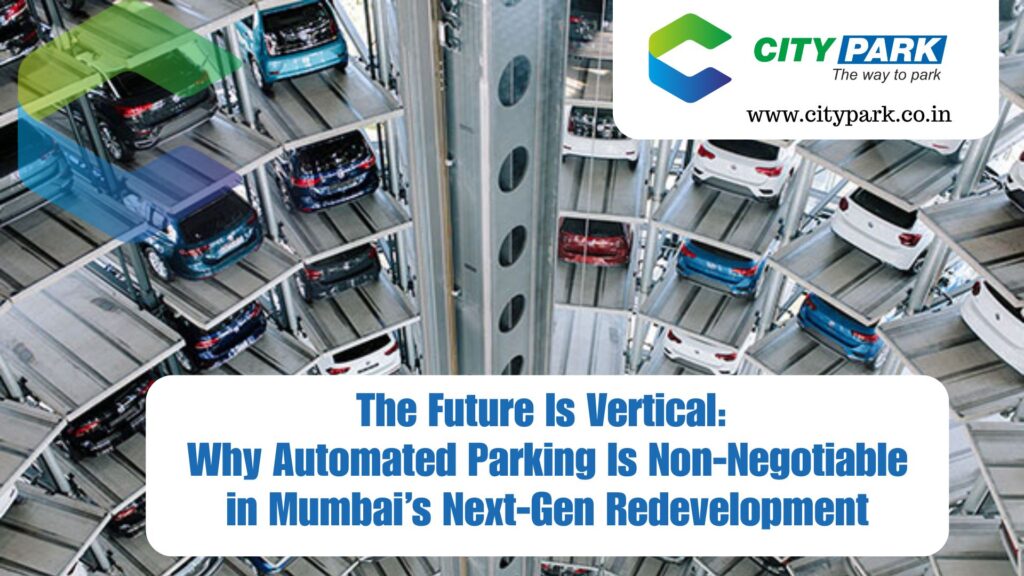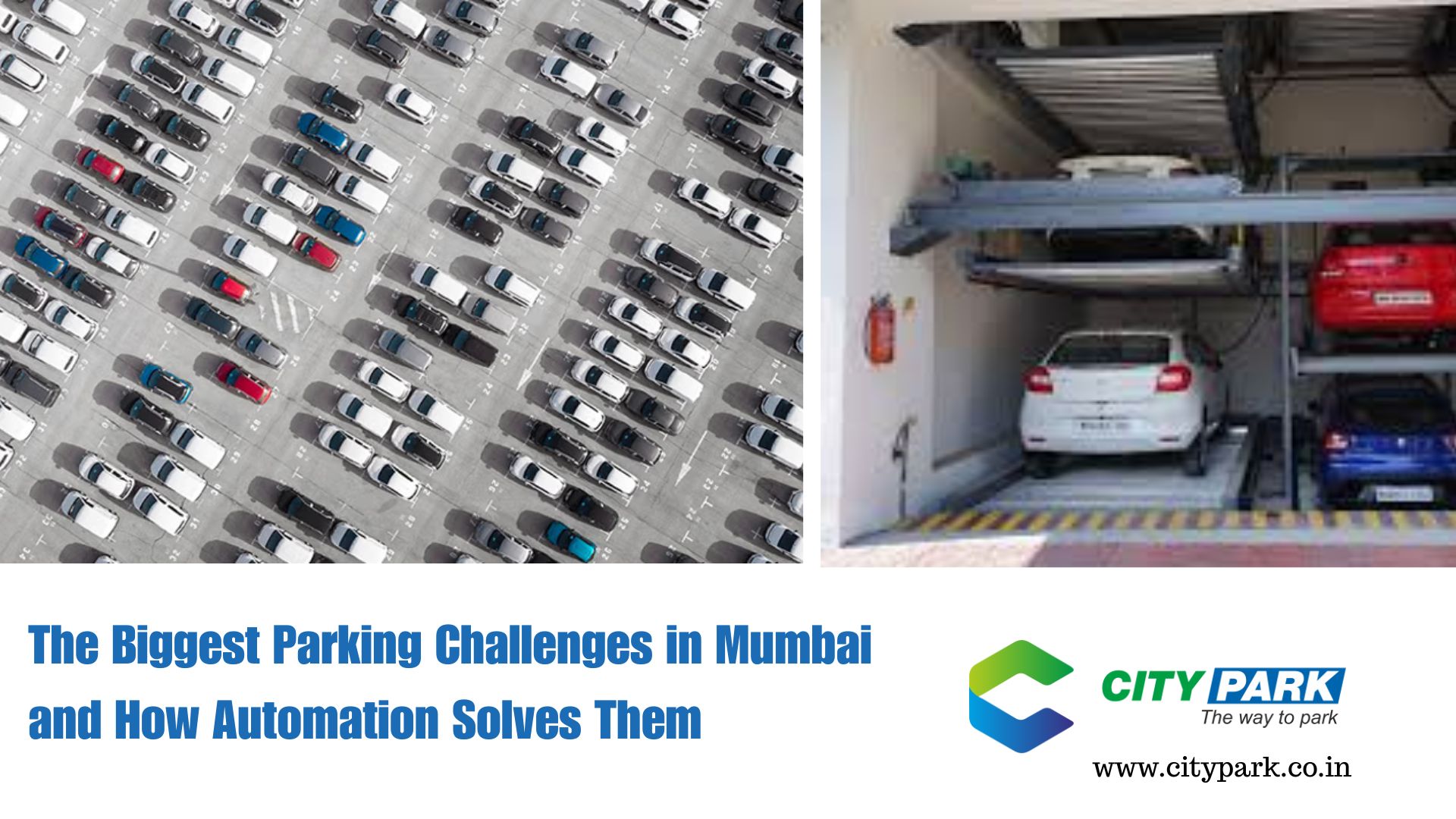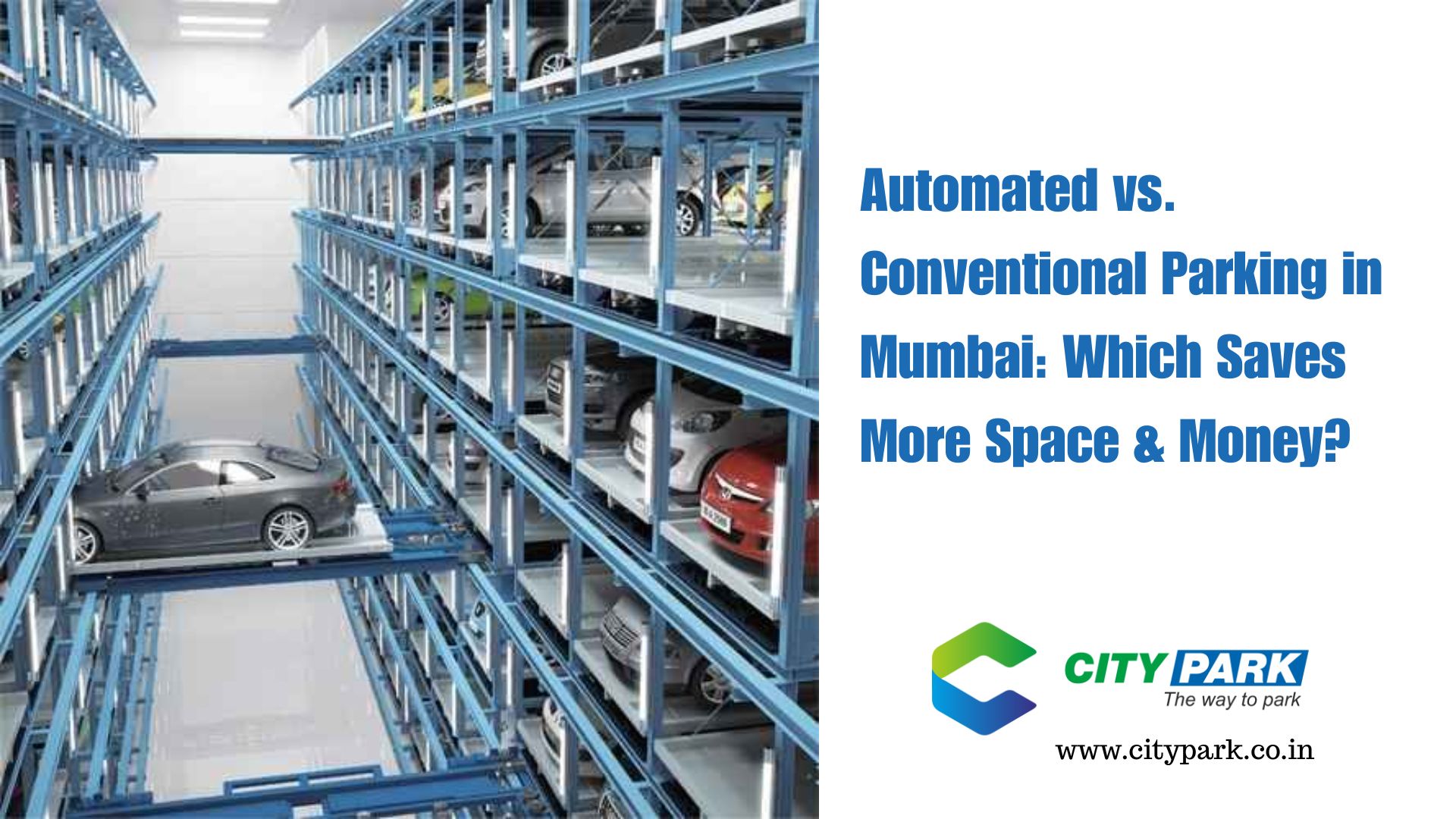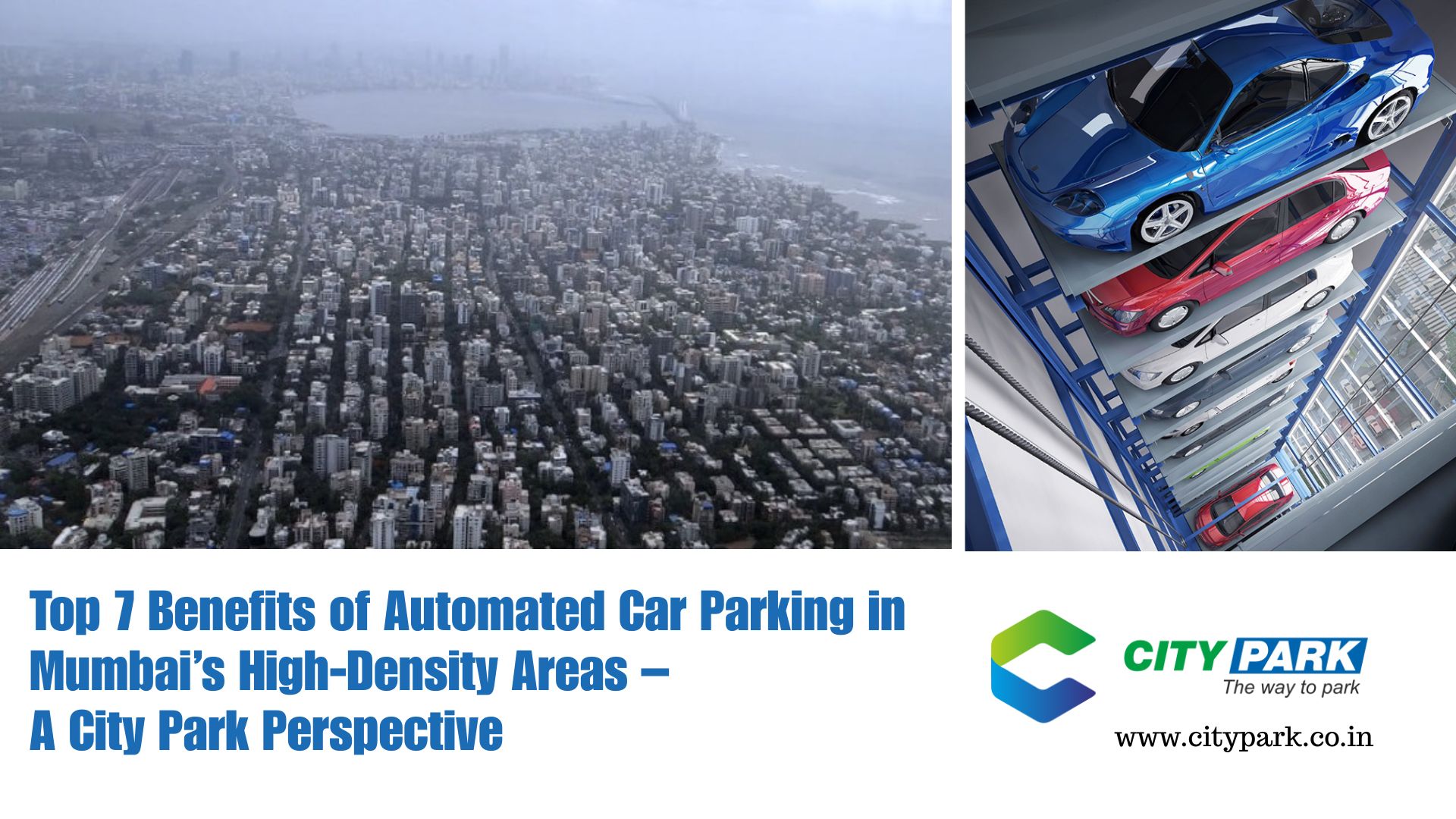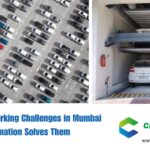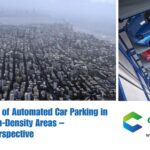The Future Is Vertical: Why Automated Parking Is Non-Negotiable in Mumbai’s Next-Gen Redevelopment
Introduction: Mumbai’s Urban Surge Needs Smarter Parking
Mumbai, the financial capital of India, is a city constantly in motion—vertical, horizontal, and everything in between. With over 20 million residents and an average of 2,000 new vehicles hitting the roads every day, the city’s infrastructure is under immense strain. The biggest casualty in this urban storm? Parking. As old buildings make way for gleaming high-rises and sprawling commercial hubs under the city’s aggressive redevelopment push, parking availability has emerged as a critical metric for both functionality and livability.
According to a 2024 BMC urban development report, over 5,000 redevelopment projects are either under construction or proposed across Greater Mumbai. Yet, despite improved construction standards, most buildings struggle to meet parking requirements under conventional systems due to spatial limitations, fire safety rules, and new height restrictions. This is where automated car parking systems—supplied by innovators like City Park, headquartered in Mumbai and a leader in importing the latest global solutions—have become more than just an upgrade. They are a necessity.
The Case for Mandating Automated Parking in High-Rises
As the city grows upward, the real estate value of every square foot increases exponentially. Traditional parking systems, which require ramps, circulation space, and large surface areas, directly compete with livable or sellable space in high-rises. On average, a conventional parking slot takes 30-35 square meters (including maneuvering room), while automated systems can reduce that to 12-15 square meters per vehicle—a 50–60% improvement in land efficiency.
In the context of redevelopment, where older societies are demanding larger flats and better amenities, developers are already juggling between FSI limits and amenity space. Automated parking becomes the ideal solution to meet parking compliance without sacrificing revenue-generating floorspace. More importantly, as consumer expectations shift and municipal norms tighten, developers who do not integrate automated parking are already at a disadvantage.
City Park’s range of vertical, rotary, and puzzle parking systems offer custom configurations ideal for Mumbai’s narrow plots, heritage zones, and tower clusters. Making these systems mandatory in high-rise redevelopment ensures smoother approvals, higher resale value, and future-ready infrastructure.
Environmental Impact: Less Idling, Less Emissions
Beyond space-saving and compliance, automated parking addresses a more pressing issue: urban emissions. The average Mumbaikar spends 15–20 minutes daily looking for parking, leading to unnecessary fuel burning, traffic congestion, and air pollution. Multiply this by thousands of vehicles and you get a hidden but massive contributor to urban CO₂ emissions.
Automated parking eliminates this inefficiency. Vehicles are parked and retrieved mechanically, usually within 2–3 minutes, without the need to idle, circle around, or reverse repeatedly. This contributes to lower emissions, reduced noise pollution, and cleaner air—a crucial benefit in Mumbai, which ranks among India’s most polluted metro areas.
Additionally, many modern systems are powered with low-energy electric motors and can be integrated with solar panels or EV charging infrastructure, making them even more eco-friendly. By embracing such green technology, City Park is not just solving parking issues—it’s actively contributing to Mumbai’s sustainable urban future.
Traditional vs. Automated Parking: A Practical Comparison
To understand why automated parking is a game-changer for redevelopment, let’s compare it side by side with traditional parking across key parameters:
| Parameter | Traditional Parking | Automated Parking (City Park Systems) |
| Space Efficiency | 1 car per 30–35 sq. m. | 1 car per 12–15 sq. m. |
| Time to Park/Retrieve | 6–10 minutes (peak time) | 2–3 minutes |
| Manpower Requirement | Valets or security needed | Fully automated; no staff required |
| Safety & Security | Risk of theft/damage | Secured, no public access to vehicles |
| Fire Safety Compliance | Challenging in vertical buildings with narrow ramps | Meets BMC fire norms with minimal obstruction |
| Environmental Impact | High idling, fuel burn | Low emissions, eco-friendly motors |
| Maintenance & Longevity | Low-tech but high wear and tear | Smart diagnostics, long lifespan with regular servicing |
From a developer’s standpoint, automated parking enhances project ROI by freeing up buildable space, improving customer satisfaction, and adding a premium edge to the property. For residents, it offers convenience, safety, and speed—a win-win across the board.
Why Mumbai’s Redevelopment Projects Can’t Ignore This Shift
With thousands of older buildings undergoing redevelopment across Mumbai’s suburbs and central zones, parking is increasingly becoming a deal-breaker for both buyers and municipal approval authorities. New DCR (Development Control Regulations) have stricter parking mandates based on flat sizes and configuration. In redevelopment projects with space constraints, failing to provide sufficient parking leads to delays in occupation certificates (OC), loss of trust from society members, and higher overall construction costs due to rework.
City Park has already implemented its systems in major redevelopment projects in Andheri, Bandra, Lower Parel, and Thane, providing tailor-made solutions for projects with as little as 250 sq. ft. of usable parking area. With modular, scalable systems and 24/7 remote diagnostics, the company ensures zero downtime and maximum efficiency.
In the coming years, developers that proactively integrate automated systems will not only stand out in a competitive market but will also avoid future regulatory hurdles. This is especially true as EV adoption increases, traffic norms tighten, and consumer expectations for smarter amenities grow.
Summary: Vertical Living Needs Vertical Parking
Mumbai is undergoing a vertical transformation—but for that growth to be sustainable, smart infrastructure must match smart architecture. Traditional parking simply doesn’t align with the vertical, dense, and high-efficiency model that modern redevelopment demands. From maximizing land use to reducing environmental impact, automated parking is no longer a futuristic concept—it’s an immediate requirement.
City Park, with its headquarters rooted in Mumbai and expertise in the latest global parking technologies, is leading this transition. Whether it’s rotary systems for tight plots, stackable platforms for narrow towers, or integrated EV-ready parking bays, City Park is equipping the city for the next generation of mobility and real estate design.
Call to Action: Partner with City Park Today
Are you a builder, developer, architect, or society member exploring redevelopment in Mumbai? Don’t let outdated parking systems limit your vision.
👉 Contact City Park today for a site assessment, system demo, and custom design consultation.
Let’s make your redevelopment project smarter, greener, and future-proof—starting with India’s most advanced automated parking solutions.
📍 Based in Mumbai | 🌐 www.citypark.co.in
